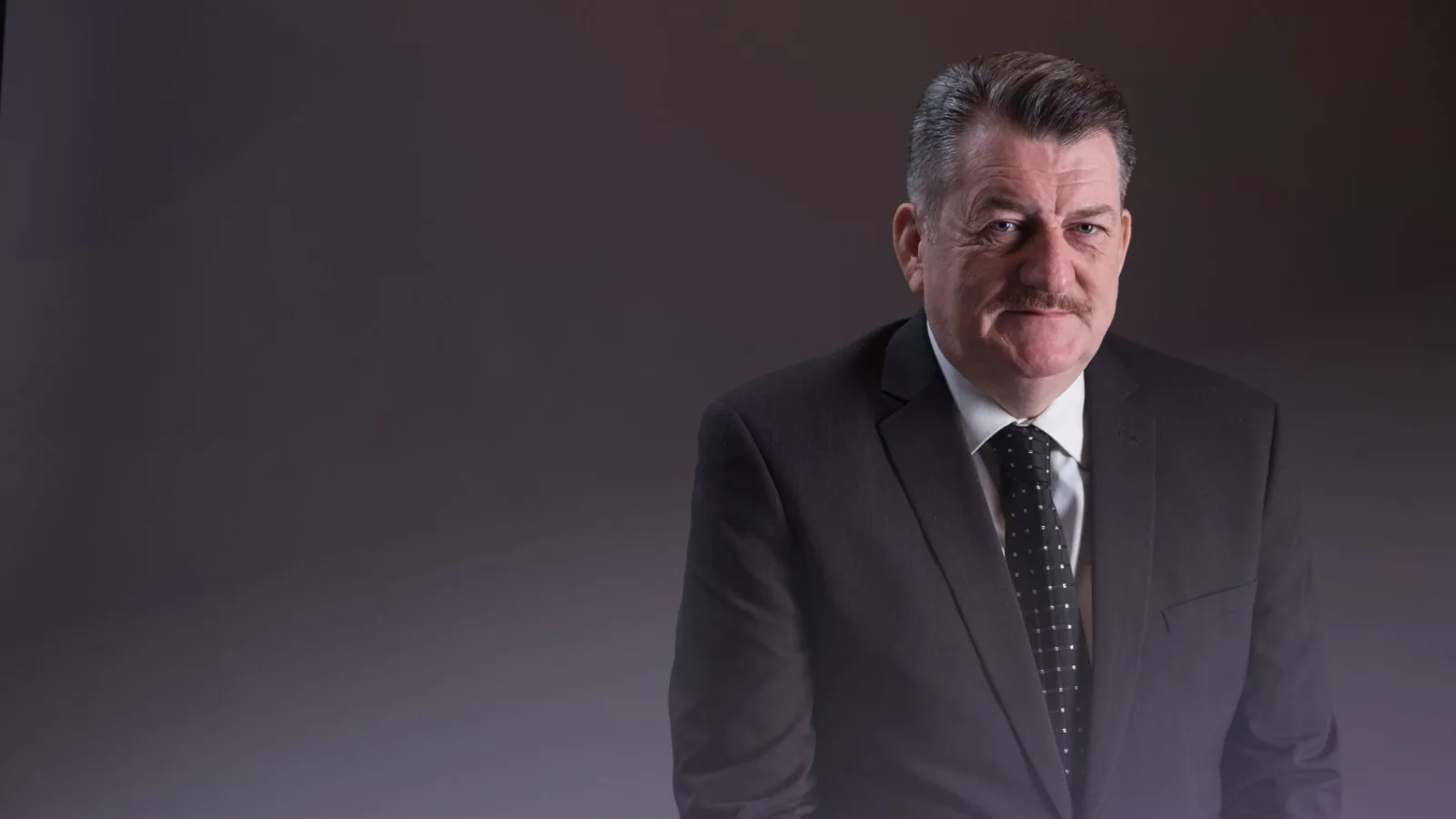

July 2nd
10 am - 3 pm (EDT)
Do not miss the unique opportunity to meet Donald Steel, Former Chief Communications Adviser at BBC and one of the world's leading experts on crisis communications and reputation management!
By the end of this program, you will will be able to:
This online interactive workshop is delivered from 10 am to 3 pm and includes a host of topics that will improve how you respond to and deal with a crisis, particularly through social media.
10.00 Crisis Communication: Then and Now
- How the smartphone and social media is changing citizen and consumer behavior
- The implications for crisis and issue management
- How pictures, not words, are becoming decisive
10.30 Crisis and Issue Classification
- How to classify issues in your organization and defining which consitute a crisis
- The Red- Amber - Green model
- Which resources to apply to which classification
11.00 Exercise: The Importance of Narrative
In this exercise, we explore the concept of narrative, and why in handling issue and crisis, it is a battle for control of your narrative. We explore the war of narratives going on in your organisation and how to make sure the dominant one is the positive narrative.
- How to define the positive and negative narratives of your organisation
- Using your narrative to change your professional practice
- How you can keep the positive narrative dominant over the negative
12.00 Lunch for Speakers and Delegates
12.30 Messaging In Issues and Crisis
- The rules of a core message (few, simple and repeated) when handling a serious issue or a crisis.
- The hierarchy of messages
- Communicating your values through your messages
13.00Social Media In Issues and Crisis
- Social media toolkit for crisis
- The role of the “dark” website
- The use of grayscale
- Preparing pictures for a crisis
13.45 Short Break
14.00 Crisis Simulation Excercise
This simulation explores:
- The need for speed and how to prepare for emergencies in advance
- The importance of messaging
- The need to stay focused
- The role of the CEO in communications
- Using all channels to communicate
- The simulation will give practical experience and tips on
The rules of early crisis statements
- The crisis media interview
- The crisis press conference
15.00 End of Crisis Simulation Workshop
This program can also be delivered as a tailored in-house training for your organization. We adapt the content to your industry, objectives, and level of maturity, focusing on real challenges your teams face and the decisions they need to make. In-house formats allow your people to align on a shared approach, work through relevant scenarios, and build skills they can apply immediately.
If you’re exploring an in-house option, tell us a bit about your team, priorities, and timing, and we’ll recommend the right format.
Contact us about in-house training